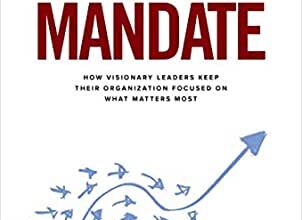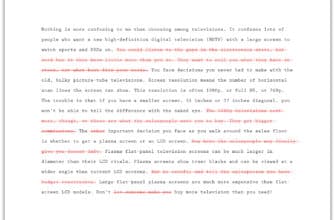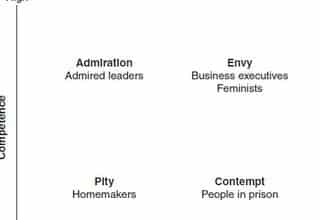In the wake of the Brexit referendum in the United Kingdom and the presidential election in the United States, it is not surprising that Oxford Dictionaries has declared post-truth to be its international word of the year. Defined as “relating to or denoting circumstances in which objective facts are less influential in shaping public opinion than appeals to emotion and personal belief,” post-truth is the perfect term to encapsulate a year dominated by highly-volatile political and social unrest. Accordingly, the editors at Oxford indicated that its use has increased by 2,000% in 2016 compared to last year.
Fuelled by the rise of social media as a news source and a growing distrust of facts offered up by the establishment, post-truth as a concept has been finding its linguistic footing for some time.—Casper Grathwohl, President of Oxford Dictionaries
Post-truth is not a new word, but it has adapted a new meaning. Prior to the early 1990s, it referred to comprehending “after the truth was known.” This changed after an article on the Iran-Contra scandal and Persian Gulf war stating, “we, as a free people, have freely decided that we want to live in some post-truth world.” Since then, the implication has been that the truth is unimportant or irrelevant.
I don’t like the idea that we may live in a post-truth era. In one sense, facts have always been somewhat malleable; we live by a set of actualities dictated by the news, leaders, and our social groups. The difference is that where we use to search for facts, they now don’t seem to matter as much.
Yeah, the truth is now an opinion. Unfortunately, thanks to social media, you can live in your bubble of opinion truth for as long as you like.—Trevor Noah, host of The Daily Show, when asked about society’s ability to agree on a truth
As leaders, we have an opportunity to create a post-truth that is reliant on the actual truth. One tool we can use is the simple art of repetition. Research shows that the more often we hear something, the more likely we are to believe it. One study found that this misapprehension works even when the individual hears a statement that contradicts well-known facts. Per the study,
The present research demonstrates that fluency can influence people’s judgments, even in contexts that allow them to draw upon their stored knowledge.
While post-truth may be the word of the year, it does not have to be the word of your organization. Propagate a culture where the truth is valued. Use repetition to spread facts. Allow your staff the room to question what you are saying. Don’t penalize those who are able to disprove your statements with new facts. And always encourage intellectual curiosity. Otherwise, your post-truth may result in a post-job.








